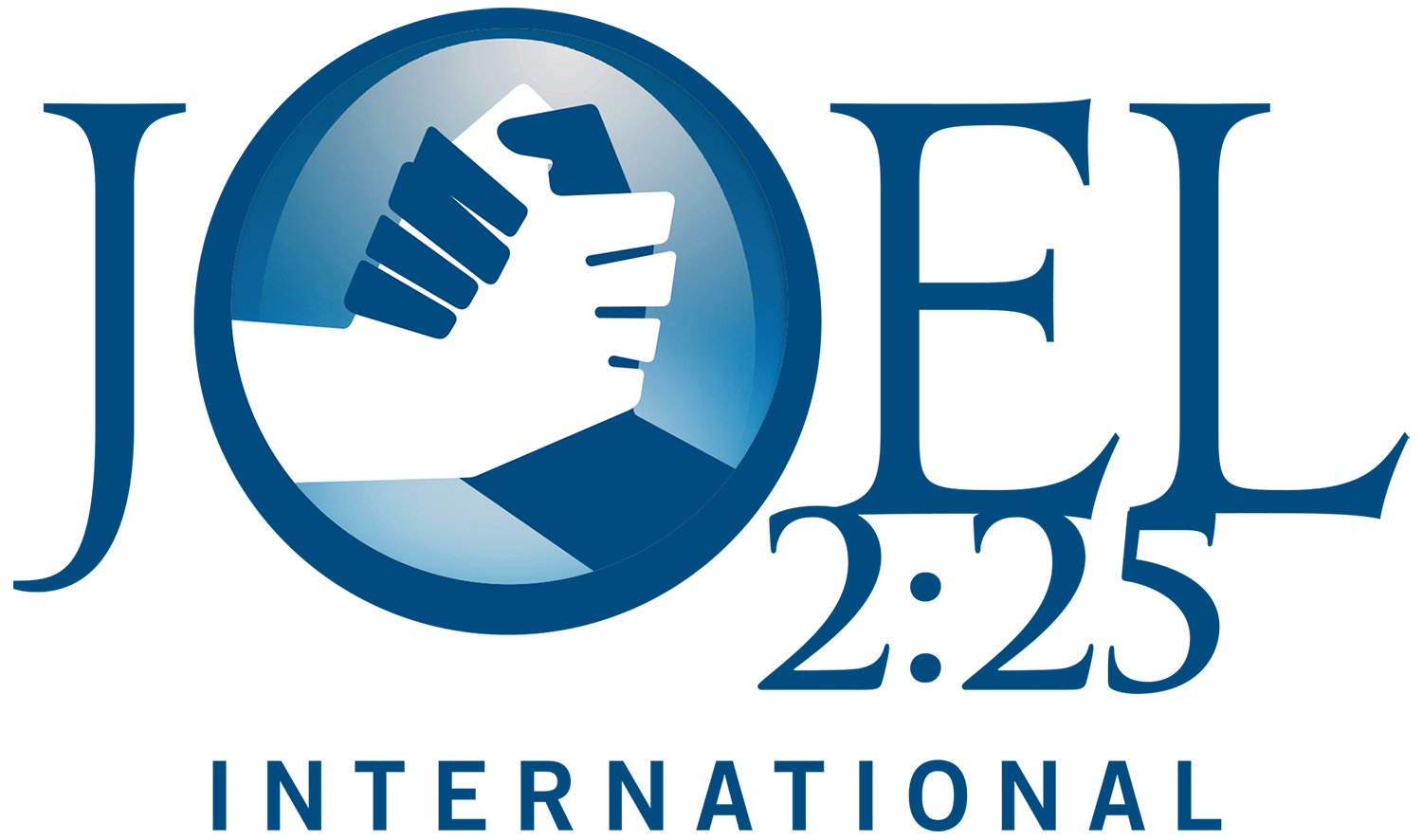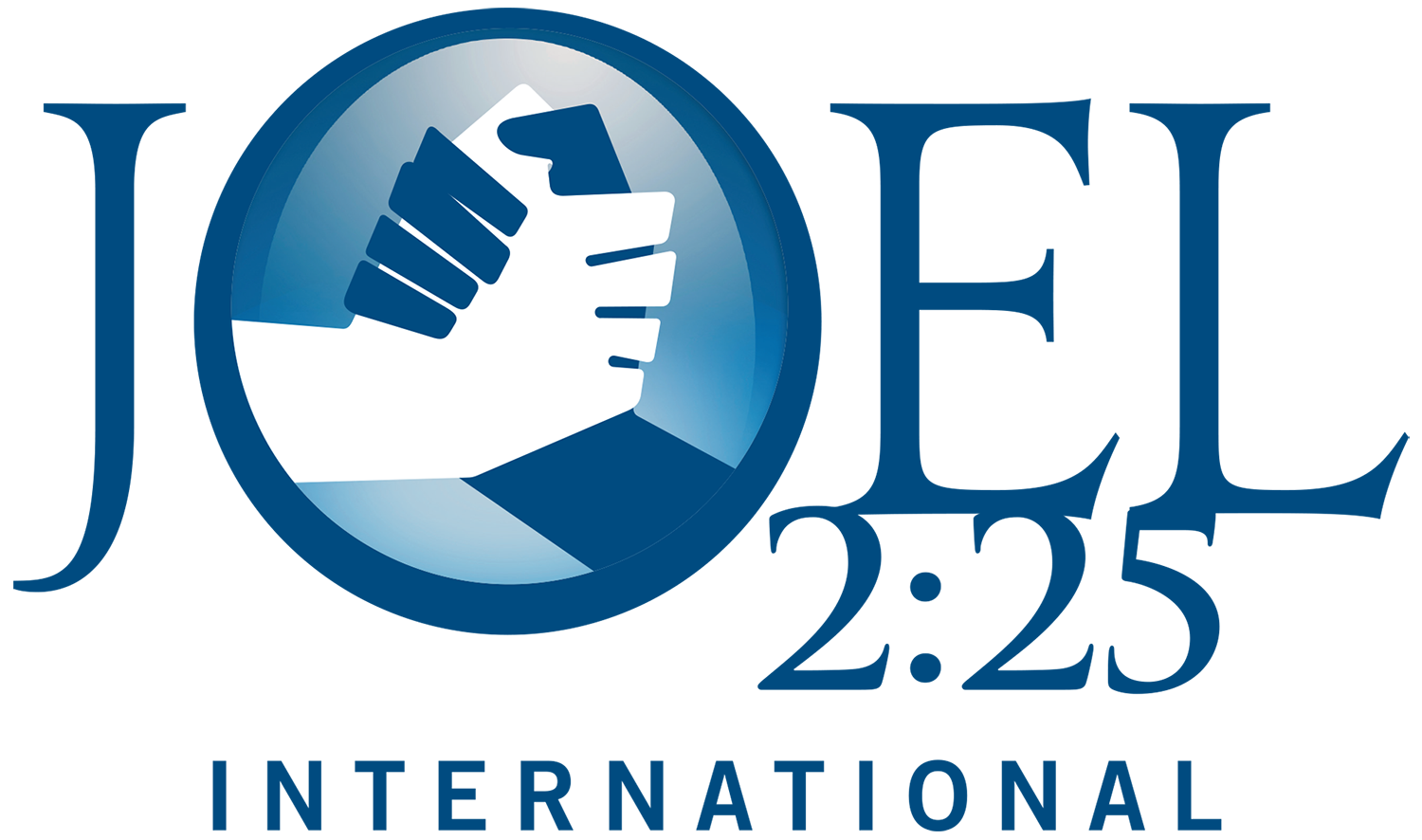My Changing Sexual Orientation
Author: Yaakov
Don’t let the title fool you - my orientation isn’t changing on its own. This is not an easy path, and at least in my case, not a short one. But since I’m aspiring to masculine wholeness as I understand it, including, among other things, marriage and children with happiness and real love (including a highly satisfying marital relationship with my future wife - in the spirit of the Torah), this marathon of a journey is worth every effort.
Coming to terms and therapy
My story, in short:
Eleven years ago (at age 20), I started feeling distraught when the reality began setting in that I had same-sex attractions that weren’t going away. More specifically, I was infatuated with my best friend at the time, which turned into a crisis when he started dating a young woman. This threatened our relationship, as I understood things at the time.
When I sought psychological help, the therapist I met with told me that I would never succeed in overcoming these feelings. This was the only time in my life when I seriously contemplated suicide, so I did not return to her. In what I saw as a last resort, I turned to my parents and shared with them my struggle. They responded with support, and when they asked me what I want to do with the struggle and I replied that I wished to change my orientation, they sought an appropriate therapist, and soon thereafter, I started therapy with the founder of Reparative Therapy, Dr. Joseph Nicolosi. From my therapy with him, I learned to listen carefully to my emotions, to learn from them, and to honor them as well as myself.
Encounters with the feminine
About half a year after I started therapy - after I had learned to become vulnerable with others and with myself while maintaining self respect - I experienced, for the first time in my life, an arousal towards a woman. This arousal took place during a long heart-to-heart talk with a good female friend from high school, with whom I took the risk of opening up about my same-sex attractions (I didn’t tell her I was gay. I don’t like the term, and I’ve never identified myself as gay. I am a man like all other men, who experiences attractions to others of his gender, sometimes more and sometimes less). From this friend I received not pity, but understanding and respect, and I understood that she doesn’t see me as weak or pathetic, but as a human being, a man, who deals courageously with a particular difficulty.
Her supportive and respectful response helped me internalize that this was the truth about me: I wasn’t weak or pathetic, but rather a person of value who deals with challenges, just like everyone else. And suddenly, I started to feel trust and emotional safety towards her... and sexual arousal.
I continued therapy for about five years. I began to discover my inborn masculinity, and I started dating a woman.
On one occasion, I met her and her friends at a pizza shop, where I found, among the others, a good-looking young man to whom I was immediately attracted. What to do? I drew from my repertoire a technique that I learned in therapy (that I now realize is more than a technique, but actually a way of living) - instead of distancing myself from the man I was attracted to and continuing to see him as foreign and different from me, to take steps to connect with him. I spoke with him and befriended him, intending to prove to myself that the two of us were not really different in our essential maleness, but similar in essence and equal as men in this world. I thus succeeded in changing my perception and feelings at that moment, thereby getting past the barrier.
I started to enjoy attraction to certain women when I was in certain states, but my attraction to men was still very powerful. Towards the end of the long period of reparative therapy, after years of my therapist urging me to attend the Journey into Manhood (JiM), I finally signed up and participated. I soon thereafter participated in the New Warrior Training Adventure as well as subsequent process groups.
My attending JiM was the most important and decisive step in my transitioning out of homosexuality. I there experienced connection to myself and others that I hadn’t been able to experience in my years of one-on-one therapy. My emotional floodgates opened, whose waters until then lurked just beneath the surface (in my therapy the floodgates released only a drop at a time), and I understood that now my desired change was really beginning to take form, and in a big way.
The main idea of the workshop is this: “if you change your beliefs and perceptions about yourself and about other men, you change the world of men as you know it.” In other words, when the man stops seeing himself as foreign in the world of men and starts seeing himself as part of it and equal to other men, he stops yearning for them sexually. And in the place once occupied by sexual yearning, he experiences deep love for other men characterized by identification and brotherhood.
The workshop is not a seminar of lectures - it is experiential. Quoting the description on the workshop’s homepage: “You won't just talk about what it is like to look another man in the eyes - you'll stand eye to eye with another man while we help you process whatever feelings might arise.”
Beyond the experience itself, participants acquire tools and strategies to help them deal and grow as they continue their journey. The strategy that has served me best is called a “clearing,” a process used on workshops of all kinds and all stances regarding homosexuality. The clearing requires a person - in this case, a man - to distinguish between the truth and the “stories” he tells himself about the other person standing opposite him.
For example, I deluded myself many times that the man standing opposite me was stronger than me, better than me, and that he possessed greater value as a man than me - and as a result of the clearing process, I recognized that we were equal... "the delusion would burst", at least temporarily, and along with it the erotic attraction.
By repeating this process - whether with men standing opposite me in the flesh, or with men I knew, with whom I imagined having such a conversation - I got to the point where today I am no longer capable of developing an attachment marked with dependency towards another man, of the type that I had experienced throughout my life until I started doing clearings. Instead of these dependent attachments, today I enjoy closeness, love, support and mutual affirmation with many male friends. A more superficial attraction, however, remains.
Developing attraction to women
I have had difficulty entering a deep, long-term relationship with a woman. I also found that my more superficial attractions towards men were getting stronger, and I began desiring a sexual experience with a man. I therefore began working with a life coach who helped me put my needs (such as food, drink, relaxation and recreation, socializing) first on my priority list. The results of the coaching were an increase in self esteem, better mood, greater enjoyment of and satisfaction from life... and the superficial attractions, albeit still there, lost much of their power.
Today I am about 80% where I’d like to be, which is the place where I experience absolute identification with other men instead of craving, and to experience a deep, significant relationship with a woman who will be my life partner in all respects, including this struggle - like several of my companions on this journey, who are already married and living in happiness and love (and honesty regarding their journey) with their wives and children.
And I continue to do my work - to deal with the challenges (in particular by way of using techniques of changing beliefs and perceptions, as well as connecting instead of detaching), but also to have fun and to be happy.
Final thoughts - costs and benefits of making this effort
The journey out of homosexuality is like a marathon. It demands hard work, persistence, resilience in the face of recurring challenges, and preparation for a long haul. A select few who embark on the journey experience a complete change, while another minority experience no change at all, despite efforts. The majority who do their work diligently experience a reduction in their same-sex attraction and an increase in same-sex identification, such that much of their attraction is replaced by bonding, with what’s left often being weak enough that they are able to focus on the other aspects of their lives - many on their relationship with their wife and children - without getting distracted and bogged down.
I'd compare homosexuality to several other personality-related phenomena appearing in the DSM, also life challenges that some wish to address and alter the impending outcome. Many alcoholics, for example, embark on a journey guided by Alcoholics Anonymous. While some break completely free of their desire for alcohol and some others continue to relapse over and over - some even suffering harm as a result of their involvement - many AA people go on to live productive, happy, meaningful lives with some desire for alcohol but not enough to disrupt the pursuit of their dreams. They make a choice to go the route, they set a goal, they take a risk, and they achieve whatever they achieve. Much like everything else in life that’s worthwhile.
For those of you with a child dealing with homosexuality, I urge you not to force your desire for change on him. This journey is as hard as a marathon, and no one should be forced to run a marathon. It’s not fair, and it disregards a person’s right to choose his destiny. He also will not succeed in changing if he feels forced by others to do so, and may therefore grow very resentful. Rather, present him with his options and give him his space to make his own choice.
But for those of you reading who are dealing with unwanted SSA and choose this marathon... you’ll experience connection, brotherhood and meaning like you’ve never experienced before. If you’re ready and willing, I urge you to go for it.
Yours,
Yaakov




